Hezbollah has announced that it will respond to the recent Israeli attack and denies that anyone was killed, the Lebanese daily Daily Syar reports. Earlier the paper reported that fFour members of
Hezbollah were killed in the Israeli airstrike, which targeted a missile shipment from Syria to the Hezbollah post at the
Syrian bordere, Nabi Sheet.
Speaking on condition of anonymity, sources told
The Daily Star
that the airstrike, which took place late Monday evening, was aimed at
two trucks, one transferring missiles and the other carrying a missile
launcher. The sources said the trucks were heading to Hezbollah’s
missile warehouses in Lebanon.
They said the Israeli attack killed four Hezbollah members, but gave no further information.
The Hezbollah affiliated television station Al-Manar downplayed the event.
Israel’s Prime Minister Benjamin Netanyahu said Tuesday the Jewish state was doing everything needed to protect the country. “We are doing everything that is necessary to defend the security of Israel,” Netanyahu was quoted as saying by AFP.
A security source told The Daily Star Monday that Israeli warplanes
had launched four rockets targeting a shipment of “qualitative” weapons
in the border area of Janta near the eastern village of Nabi Sheet.
Hezbollah has military training camps and important military posts in
Nabi Sheet that were established not long after the party was formed in 1982.


.jpg)









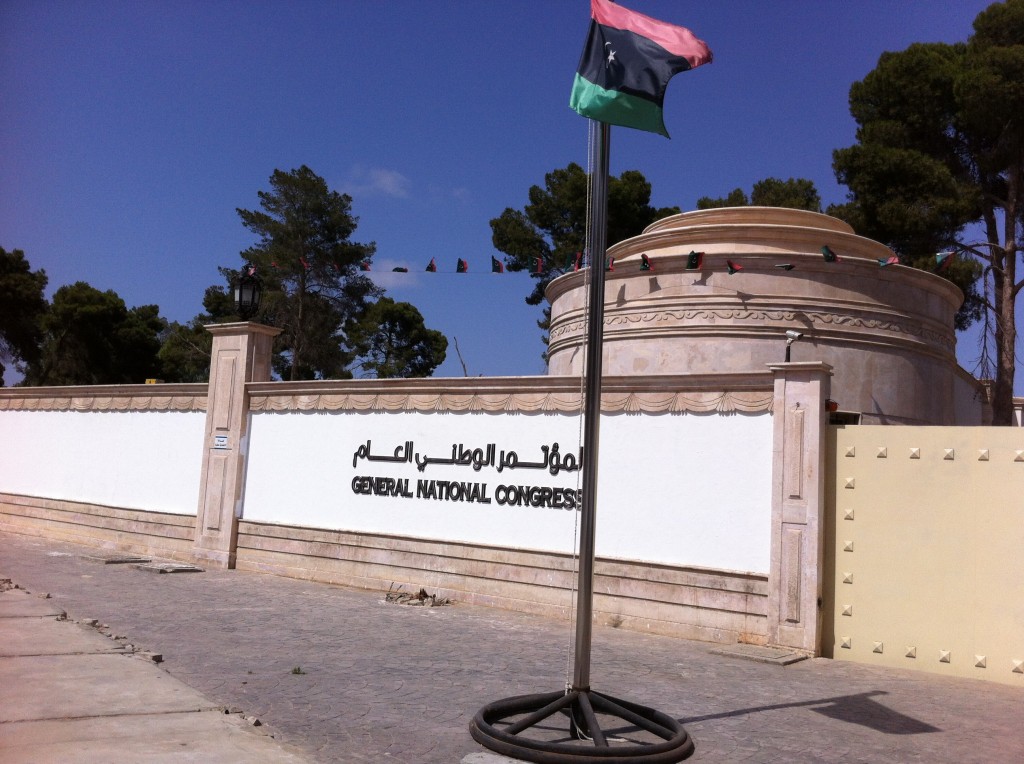


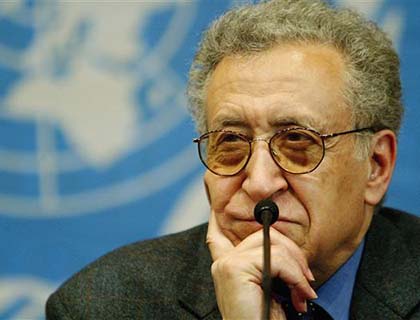
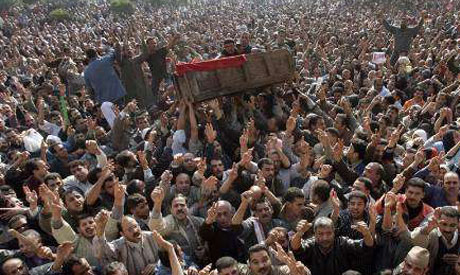


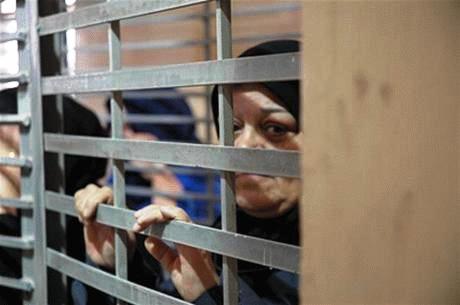

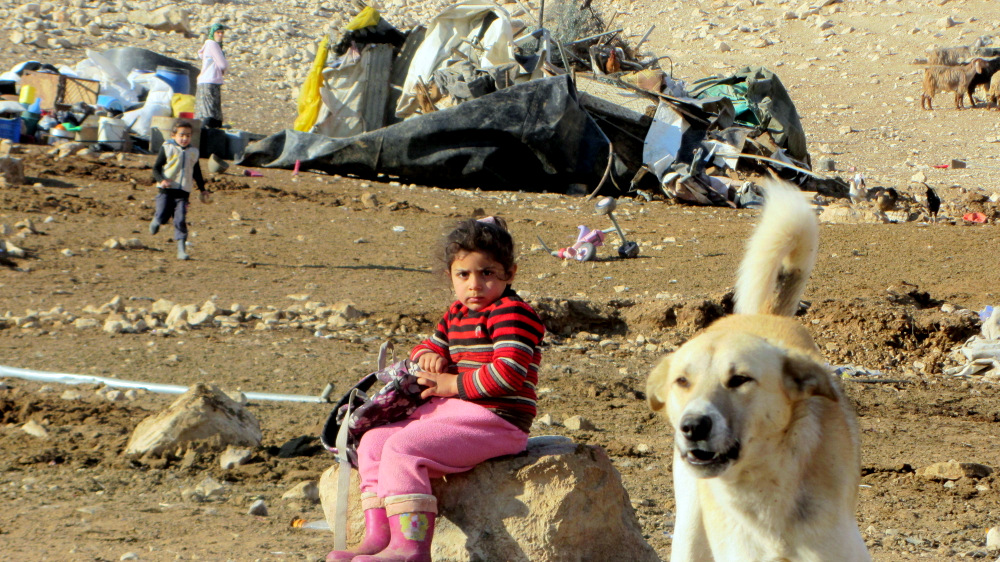
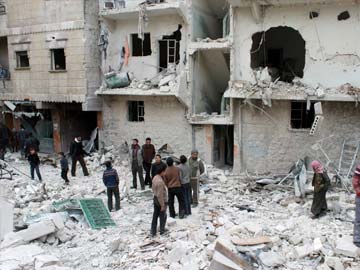
 Sick and elderly people are evacuated from the Yamouk camp. (Photo Wall Street Journal).
Sick and elderly people are evacuated from the Yamouk camp. (Photo Wall Street Journal).